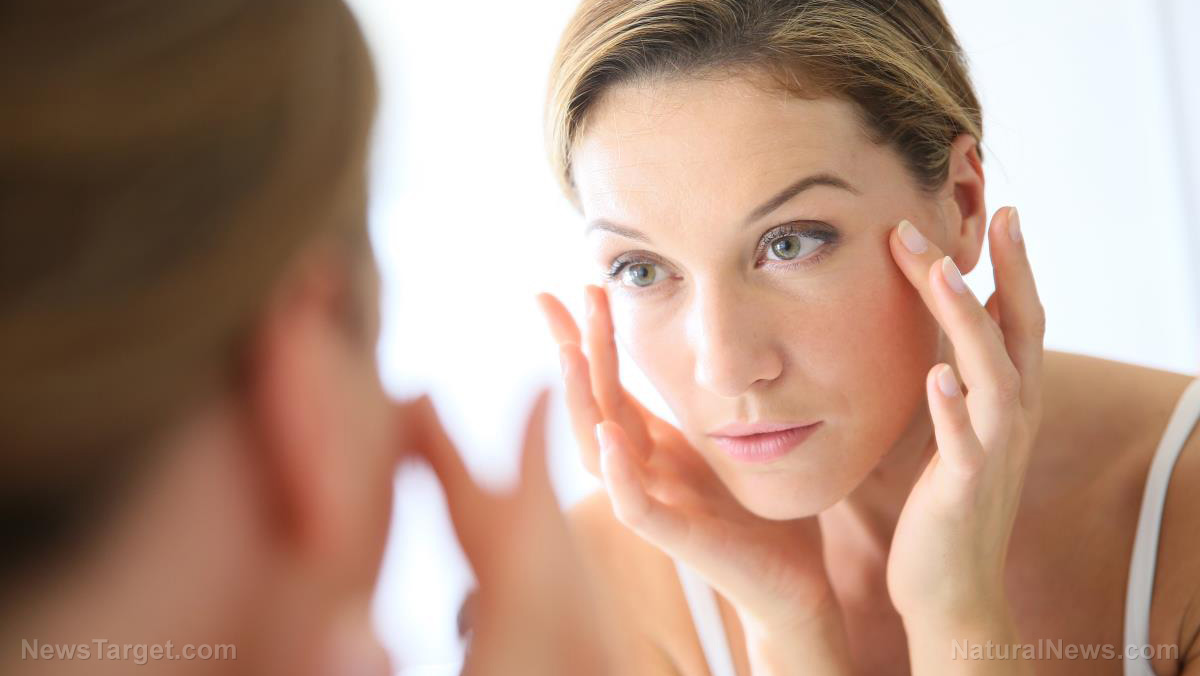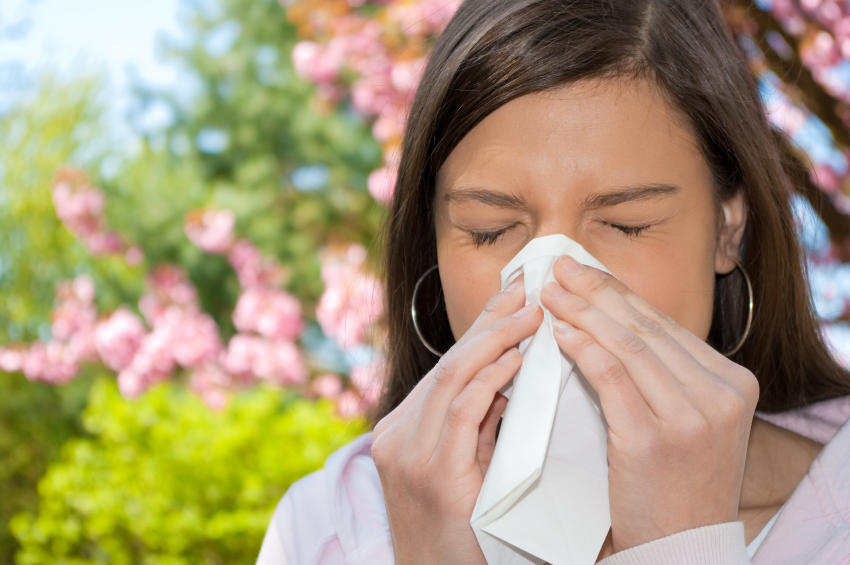© Brighteon.com All Rights Reserved. All content posted on this site is commentary or opinion and is protected under Free Speech. Brighteon is not responsible for comments and content uploaded by our users.
Vaccines or Gene Therapy? (David Martin)
172 followers
Follow
0
Share
Report
65 views • 10/08/2021
https://articles.mercola.com/sites/articles/archive/2021/10/08/web-elite-extremists-behind-censorship-of-mercola.aspx?ui=db1c8443091da8e5adafcb987fb464e0897952a7a94345dffa47df648a2295a5&;sd=20120913&cid_source=dnl&cid_medium=email&cid_content=art3HL&cid=20211008_HL2&mid=DM1013213&rid=1286567974
The messenger RNA (mRNA) used in many COVID-19 vaccines are synthetic. Your body sees these synthetic particles as non-self, which can cause autoantibodies to attack your own tissues.
Your body also views free mRNA as a warning signal to your immune system, as they drive inflammatory diseases. This is why making synthetic mRNA thermostable, meaning it doesn't break down as easily as it normally would by encasing the mRNA in lipid nanoparticles is likely to be problematic.
COVID-19 vaccines use PEGylated lipid nanoparticles, and PEG is known to cause allergic reactions and anaphylaxis.22,23
Previous attempts to develop an mRNA-based drug using lipid nanoparticles failed because when the dose was too low, the drug had no effect, and when dosed too high, the drug became too toxic.24 What has changed that now makes this technology safe enough for mass use across all ages and preexisting health conditions?
The synthetic RNA influences, in part, the gene syncytin. When syncytin is aberrantly expressed in the brain, you can develop multiple sclerosis.25 Expression of the syncytin gene also inflames and dysregulates communication between the brain microglia, which are critical for clearing toxins and pathogens in the brain. It also dysregulates your immune system and your endocannabinoid system, which calms inflammation.
The recommendation to vaccinate individuals who have previously been infected with SARS-CoV-2, or who have an active SARS-CoV-2 infection, could be very dangerous, according to Dr. Hooman Noorchashm, who sent a public letter26 to the FDA Commissioner detailing these risks.
Reports in the medical literature have also highlighted the risk of pathogenic priming and antibody-dependent enhancement (ADE). For example, in "Out of the Frying Pan and Into the Fire? Due Diligence Warranted for ADE in COVID-19," the authors explain:27
"ADE is an immunological phenomenon whereby a previous immune response to a virus can render an individual more susceptible to a subsequent analogous infection.
Rather than viral recognition and clearance, the prior development of virus-specific antibodies at a non-neutralizing level can facilitate viral uptake, enhancing replication; a possible immune evasion strategy avoiding intracellular innate immune sensors, or pattern recognition receptors …
ADE of SARS-CoV has also been described through a novel FcγRII-dependent and ACE2-independent cell entry mechanism. The authors state28 that this warrants concern in the safety evaluation of any candidate human vaccines against SARS-CoV … This also illustrates that ADE is not always indicative of disease pathology but raises concern for the immunocompromised."
Similarly, "Pathogenic Priming Likely Contributes to Serious and Critical Illness and Mortality in COVID-19 Via Autoimmunity," published in the Journal of Translational Autoimmunity, warns that:29
"Failure of SARS and MERS vaccines in animal trials involved pathogenesis consistent with an immunological priming that could involve autoimmunity in lung tissues due to previous exposure to the SARS and MERS spike protein. Exposure pathogenesis to SARS-CoV-2 in COVID-19 likely will lead to similar outcomes."
We apparently don't even know if antibody production is truly protective or pathogenic in coronavirus infections, according to a December 11, 2020, paper30 in the journal Vaccine: X, which states:
"The first SARS-CoV-2 vaccine(s) will likely be licensed based on neutralizing antibodies in Phase 2 trials, but there are significant concerns about using antibody response in coronavirus infections as a sole metric of protective immunity.
Antibody response is often a poor marker of prior coronavirus infection, particularly in mild infections, and is shorter-lived than virus-reactive T-cells … Strong antibody response correlates with more severe clinical disease while T-cell response is correlated with less severe disease; and antibody-dependent enhancement of pathology and clinical severity has been described.
Indeed, it is unclear whether antibody production is protective or pathogenic in coronavirus infections. Early data with SARS-CoV-2 support these findings. Data from coronavirus infections in animals and humans emphasize the generation of a high-quality T cell response in protective immunity."
The messenger RNA (mRNA) used in many COVID-19 vaccines are synthetic. Your body sees these synthetic particles as non-self, which can cause autoantibodies to attack your own tissues.
Your body also views free mRNA as a warning signal to your immune system, as they drive inflammatory diseases. This is why making synthetic mRNA thermostable, meaning it doesn't break down as easily as it normally would by encasing the mRNA in lipid nanoparticles is likely to be problematic.
COVID-19 vaccines use PEGylated lipid nanoparticles, and PEG is known to cause allergic reactions and anaphylaxis.22,23
Previous attempts to develop an mRNA-based drug using lipid nanoparticles failed because when the dose was too low, the drug had no effect, and when dosed too high, the drug became too toxic.24 What has changed that now makes this technology safe enough for mass use across all ages and preexisting health conditions?
The synthetic RNA influences, in part, the gene syncytin. When syncytin is aberrantly expressed in the brain, you can develop multiple sclerosis.25 Expression of the syncytin gene also inflames and dysregulates communication between the brain microglia, which are critical for clearing toxins and pathogens in the brain. It also dysregulates your immune system and your endocannabinoid system, which calms inflammation.
The recommendation to vaccinate individuals who have previously been infected with SARS-CoV-2, or who have an active SARS-CoV-2 infection, could be very dangerous, according to Dr. Hooman Noorchashm, who sent a public letter26 to the FDA Commissioner detailing these risks.
Reports in the medical literature have also highlighted the risk of pathogenic priming and antibody-dependent enhancement (ADE). For example, in "Out of the Frying Pan and Into the Fire? Due Diligence Warranted for ADE in COVID-19," the authors explain:27
"ADE is an immunological phenomenon whereby a previous immune response to a virus can render an individual more susceptible to a subsequent analogous infection.
Rather than viral recognition and clearance, the prior development of virus-specific antibodies at a non-neutralizing level can facilitate viral uptake, enhancing replication; a possible immune evasion strategy avoiding intracellular innate immune sensors, or pattern recognition receptors …
ADE of SARS-CoV has also been described through a novel FcγRII-dependent and ACE2-independent cell entry mechanism. The authors state28 that this warrants concern in the safety evaluation of any candidate human vaccines against SARS-CoV … This also illustrates that ADE is not always indicative of disease pathology but raises concern for the immunocompromised."
Similarly, "Pathogenic Priming Likely Contributes to Serious and Critical Illness and Mortality in COVID-19 Via Autoimmunity," published in the Journal of Translational Autoimmunity, warns that:29
"Failure of SARS and MERS vaccines in animal trials involved pathogenesis consistent with an immunological priming that could involve autoimmunity in lung tissues due to previous exposure to the SARS and MERS spike protein. Exposure pathogenesis to SARS-CoV-2 in COVID-19 likely will lead to similar outcomes."
We apparently don't even know if antibody production is truly protective or pathogenic in coronavirus infections, according to a December 11, 2020, paper30 in the journal Vaccine: X, which states:
"The first SARS-CoV-2 vaccine(s) will likely be licensed based on neutralizing antibodies in Phase 2 trials, but there are significant concerns about using antibody response in coronavirus infections as a sole metric of protective immunity.
Antibody response is often a poor marker of prior coronavirus infection, particularly in mild infections, and is shorter-lived than virus-reactive T-cells … Strong antibody response correlates with more severe clinical disease while T-cell response is correlated with less severe disease; and antibody-dependent enhancement of pathology and clinical severity has been described.
Indeed, it is unclear whether antibody production is protective or pathogenic in coronavirus infections. Early data with SARS-CoV-2 support these findings. Data from coronavirus infections in animals and humans emphasize the generation of a high-quality T cell response in protective immunity."
Keywords
FREE email alerts of the most important BANNED videos in the world
Get FREE email alerts of the most important BANNED videos in the world that are usually blacklisted by YouTube, Facebook, Google, Twitter and Vimeo. Watch documentaries the techno-fascists don't want you to know even exist. Join the free Brighteon email newsletter. Unsubscribe at any time. 100% privacy protected.
Your privacy is protected. Subscription confirmation required.





